Cattle traders draw public rage
With Eid just around the corner, sacrificial animals are being sold at unregulated prices without proper health test
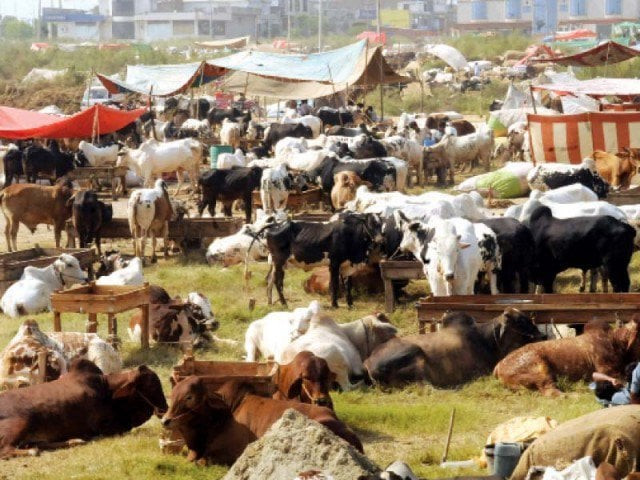
With Eid-ul-Adha approaching, cattle markets across Khyber-Pakhtunkhwa (K-P) are bustling with activity. However, the exorbitant prices and absence of proper health measures in these markets has raised concerns among buyers and animal health experts alike.
Peshawar's district administration has officially designated two major cattle markets for the festive season, with one on the Ring Road and the other in Lala Kalay.
These markets draw livestock from across the country, including Multan, Dera Ghazi Khan, and various other regions of Punjab.
However, traders bringing in animals sell them at significantly high prices, often without regulatory oversight.
Muhammad Haroon Khan, a resident of Peshawar who visited the Ring Road market to purchase a sacrificial animal, told The Express Tribune that livestock prices have skyrocketed over the past one year. "A regular-sized animal that would cost around Rs2 to 3 lakhs last year is now priced between Rs3 to 5 lakhs. Even smaller animals like sheep and goats are selling for Rs1 to 5 lakhs each.
The administration charges Rs1,500 per animal from the traders, yet provides no veterinary check-ups or relief for the public. There are no veterinarians on-site to assess the animals' health," claimed Khan.
Naeemullah Khan, another visitor from Peshawar, echoed similar concerns.
"There is no price regulation. Each seller demands whatever price they want, with some asking up to Rs10 lakh for a small animal. The government should implement a check and balance system. The Livestock Department has resources, but where is their performance? If the department were to invest in developing local livestock farms and supporting dairy farming within the province, it would not only create employment but also ensure affordable animals are available for Eid each year. This would also boost the provincial economy," noted Naemullah.
On the other side of the rift are the livestock traders. Ramzan Ali, a cattle trader, who brought animals from Multan to Peshawar, defended the high prices. "There's a narrative in the media that traders are exploiting buyers, but the reality is different. We ourselves have purchased these animals at very high prices. We are not in the business for losses; we only seek fair profit. Rising operational costs including fuel prices, transport expenses, and labour charges have all gone up. If the government can reduce fuel costs or standardize transport fares, the prices of animals will naturally decrease," explained Ali.
When approached for a comment, a senior official from the Livestock Department, speaking on the condition of anonymity, told The Express Tribune that the department had taken steps to ensure animal welfare in the markets.
"We have assigned a veterinary doctor and a disinfection spray team to each market. If an animal is found sick, free medicines are provided. Banners with hygiene guidelines have been placed around the cattle markets, and public awareness campaigns are underway to educate people on preventing the spread of diseases, including the potentially fatal Congo virus. So far, no cases have been reported in K-P this season, but we are actively working to raise awareness and keep the public informed," said the official, who maintained that despite limited resources, the Livestock Department was striving to provide as many services as possible.
As the countdown to Eid-ul-Adha continues, citizens remain hopeful that better regulation and government oversight will make the festive sacrifice more accessible and safer for everyone.

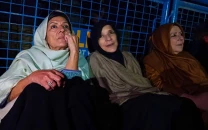
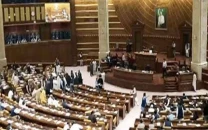
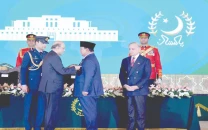
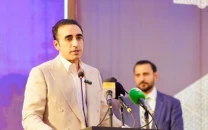














COMMENTS
Comments are moderated and generally will be posted if they are on-topic and not abusive.
For more information, please see our Comments FAQ